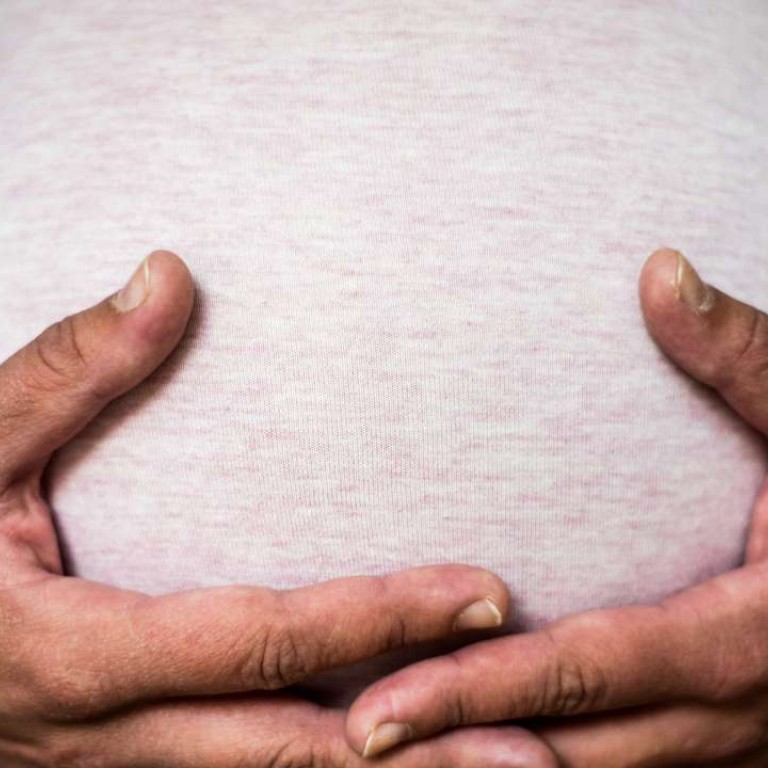
Surrogacy still big business in Shanghai despite national ban
Police raid on surrogate agency in May has not deterred other centres
Surrogacy is still big business in Shanghai despite a police raid on a major agency just a few months ago.
The practice, although banned in China, has been in growing demand during the past two years since the country relaxed its stringent one-child policy and allowed all couples to have two children, experts said.
News portal Thepaper.cn went undercover to visit a surrogate agency this month.
The company’s owner, who was identified as Wang Li, said she charged 430,000 yuan (HK$500,000) as a “basic price” and 680,000 yuan for a set menu that guaranteed conception within two years.
Wang said her agency had two centres in different districts and clients visited the facilities every day.

Chinese health officials have prohibited medical institutions and staff from carrying out “any form of surrogacy” and trading in sperm, ovum, fertilised eggs and embryos is also forbidden.
In May, police raided a surrogate agency in Songjiang district, discovering four embryos and six fertilised eggs on the site.
The centre was run by a “business consulting firm” and its owner was fined nearly 2 million yuan for running the illegal business.
Wang said her centre rented houses near hospitals where ultrasonic examinations were given, while in vitro fertilisation took place in a villa shared by several surrogate agencies.
“These operations can’t be done in legitimate hospitals, but they are performed here by doctors who work full-time in legal hospitals,” she said.
She claimed nothing about the operation was unsafe and added that even if her office was raided, police would not seize embryos.
Her clients paid her by instalments at stages including the initial medical examination, egg extraction, fertilisation and birth.
All of the women Wang hires as surrogate mothers have already given birth to their own children.
They mainly came from southwestern China, Jiangsu and Jiangxi provinces, and quite a few were from developed regions.
Wang said she did not care about their backgrounds, as all women in good health could be surrogates. They usually received more than 100,000 yuan for the process.

Sun Xiaoxi, deputy president of the Shanghai JIAI Genetics & IVF Institute, said the demand for assisted reproductive technology had been growing “quickly”.
China has a rising infertility rate as many residents of major cities postpone marriage and having children.
Last year 48,000 couples in Shanghai sought assisted reproductive technology counselling and 38,000 couples tried to conceive through in vitro fertilisation, Sun said.
“The ground in front of our centre is often covered by small ad cards [issued by illegal medical facilities], demonstrating a vigorous market demand,” he was quoted as saying.
Four years ago a Guangdong tycoon shocked the nation by fathering eight babies within a month. Three were delivered by his wife and the remaining five by two surrogate mothers.
A survey by the China Population Association in 2012 showed that more than 40 million couples in the country, or one in every eight couples, had difficulties conceiving.
The country has 432 licensed medical institutions that provide IVF services or serve as sperm banks. About 700,000 IVF operations are performed every year.
Many wealthy couples, who distrust domestic hospitals, also go abroad to seek help conceiving.

